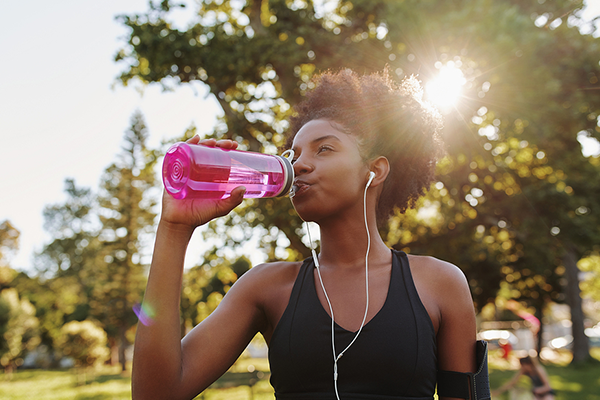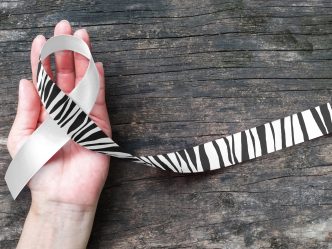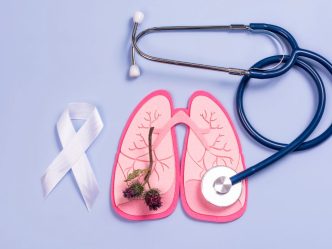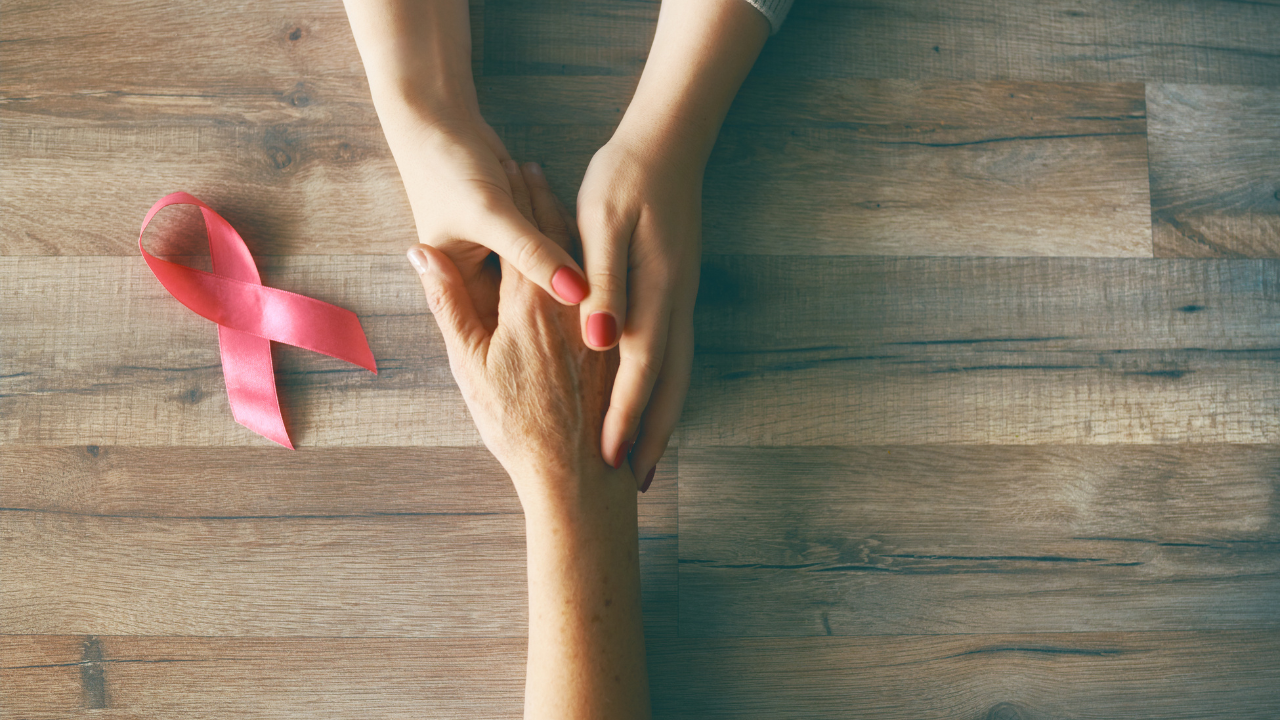About 60% of the human body is made up of water. Recommendations for healthy adults include drinking eight 8 ounces glasses of water every day. However, certain medical conditions, such as diabetes or heart disease, can make that number fluctuate. The best way to see if you are hydrated is to look at your urine color: pale and clear can be viewed as well-hydrated; dark yellow color may mean you need to drink more water.
But, why is staying hydrated so important? Water regulates body temperature, keeps joints lubricated, prevents infections, delivers nutrients to cells, and keep organs functioning properly. Proper hydration can also improve sleep quality, brain function, and your overall mood.
Water is the best choice when it comes to staying hydrated. Certain foods can provide us with water, such as fruits (e.g., watermelon, grapes, celery, 100% fruit juice), vegetables (e.g., lettuce) and soup. Many of us want to consume drinks like sodas or sweet tea when we are thirsty. However, these drinks are high in added sugars and calories, which can lead to weight gain and diabetes. If you are like many and find the lack of flavor in water unappealing, try adding fresh fruits or vegetables, such as berries or cucumbers, to make a naturally infused water. In addition, using natural sweeteners like stevia to sweeten your water, coffee, or tea can also help limit added sugar intake.
If you are undergoing cancer treatment, you are likely to experience vomiting or diarrhea. It is important that individuals who have excessive loss of body fluids due to illness drink more water to avoid dehydration. Some common symptoms of this include dry mouth, loose and crinkled skin, little or no urine output, headache, and dizziness. If you can’t keep fluids down, try ice or little sips of liquids to minimize the risk of dehydration. In addition, drinking sports drinks, such as Gatorade, can often be helpful when trying to replace electrolytes losses. An added bonus is that many of these sports drinks now have lower sugar options. However, if observe any signs of dehydration please contact your doctor immediately.
Many foods or drinks can result in dehydration. Salty foods, in particular, can cause your kidneys to remove the extra salt into your urine, pulling water with it. Beverages containing caffeine and alcohol can also dehydrate you due to the natural diuretics in these items which can lead more trips to the bathroom. Overall, if you eat or drink these kinds of food, you need more water to balance your body out!
Overall, there are so many reasons why it is crucial for everyone to maintain proper hydration! If you need help getting there, try to remember these few tips as a recap of what we discussed:
- Keep a reusable water bottle (24-32 oz.) with you throughout the day to remind you to drink more water. Refill 2-3 three times a day when possible.
- Set a reminder or use a Drink More Water app on your phone to remind you to drink water if you are too busy. Try to drink a glass of water every hour.
- Replace some of your sugar-sweetened beverages with water or zero-calorie flavored water to reduce added sugar intake.
- Drink a glass of water before each meal to build the habit and reduce food intake if you are trying to lose weight.
- Eat more fruits and vegetables that have a higher percentage of water content, such as melons, lettuces, celeries.
- Make a habit to drink one glass of water when you wake up and before you go to bed.





